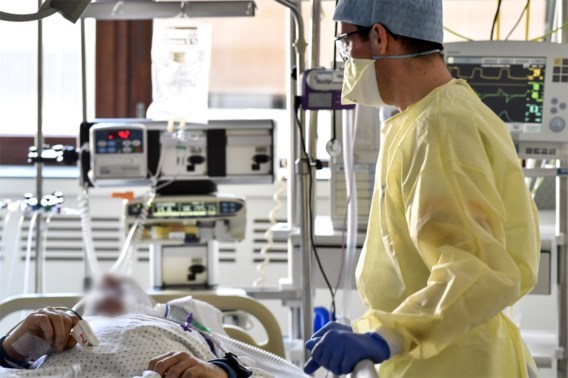Nearly half of all people in the European Region live with a health condition that requires rehabilitation care, according to a new report published on Tuesday by WHO/Europe.
The Region consists of more than 50 countries in Europe and Central Asia. The report shows that rapidly ageing populations and a significant increase in the number of people living with chronic conditions are among the main drivers of this unmet need across the region. There is also a lack of resources and awareness about the benefits of rehabilitation
People’s quality of life can be limited by ageing, a health condition—including chronic conditions— or an injury or trauma. Rehabilitation can support these people as they go about their daily lives. Without rehabilitation millions of years of healthy lives are lost.
The data in the report describe the total need for rehabilitation services, disaggregated by country, health condition, sex and age but does not include new data describing the ratio of met versus unmet needs for rehabilitation services. A WHO spokesperson told The Brussels Times that it is known from previous sources that the need far exceeds what countries are actually offering.
On average for the WHO European Region, 42% of the population has a condition that needs rehabilitation. At the country level, this varies from 25% to 51% of the total population. The most common health conditions that require rehabilitation fall under the categories of musculoskeletal conditions, sensory conditions, and neurological conditions, in that order.
Crucially, a serious shortage of rehabilitation professionals is stopping people in some parts of the European Region from getting the rehabilitation care they need. The report highlights that there are 12 times fewer physiotherapists, 141 times fewer occupational therapists and six times fewer prosthetics and orthotics professionals in middle-income countries than in higher-income ones.
In the Region as a whole, some of the most common conditions that drive the need for rehabilitation include low back pain, fractures, hearing and vision loss, as well as stroke and dementia. As these conditions affect people’s lives, including their ability to work, countries face millions of dollars in costs due to lack of economic productivity and rising poverty and joblessness.
“It’s staggering that nearly half of the region’s population need some form of rehabilitation,” said Dr Hans Henri P. Kluge, WHO Regional Director for Europe.
“Rehabilitation is an essential health service that should be available to all who need it and at all levels of health care. If no action is taken, countries risk restricting people’s opportunities and limiting economic productivity because so many are simply unable to fully contribute to society.”
The primary focus of rehabilitation is to support someone with a health condition to improve and maintain their functioning. Difficulties in functioning occur because of impairments such as pain or muscle weakness and limitations in activities, such as self-care or walking.
Rehabilitation needed in primary health care
Importantly, rehabilitation should be available in primary health care settings, where most cases of chronic diseases are managed, and in popular community settings, such as homes and schools.
“However, in many countries in our Region, rehabilitation services are provided in secondary and tertiary level facilities that are situated in urban areas, leaving rural and remote areas underserved,” explained Dr Natasha Azzopardi Muscat, WHO/Europe’s Director of Country Health Policies and Systems. In most health systems, rehabilitation has not been fully or effectively integrated into primary health care. This needs to change.”
There is progress, but much more needed to make rehabilitation more widely available. Evidence shows that rehabilitation activities are cost-effective and help to achieve and maintain the best outcomes of other health interventions. Crucially, access to rehabilitation supports the realization of the right of all people to health.
Progress has been made in recent years to ensure rehabilitation is more readily available to people who need it. Long COVID has shone a spotlight on rehabilitation, as countries are now recognizing how serious the condition is and the key role that rehabilitation services can play in supporting people living with long COVID.
Research shows that rehabilitation has the potential to avoid costly hospitalization and reduce the time spent in a hospital, decrease re-admissions and lower the risks of complications due to health problems. By improving functions and the ability to participate in everyday life, rehabilitation cuts the costs of ongoing care and supports individuals to participate in education and employment.
WHO/Europe is urging countries to prioritize rehabilitation and acknowledge it as an essential health service for millions of people, including during emergencies. Rehabilitation should be integrated in all levels of the health care system – in primary health, community services, hospitals and specialist centers.
The Brussels Times

